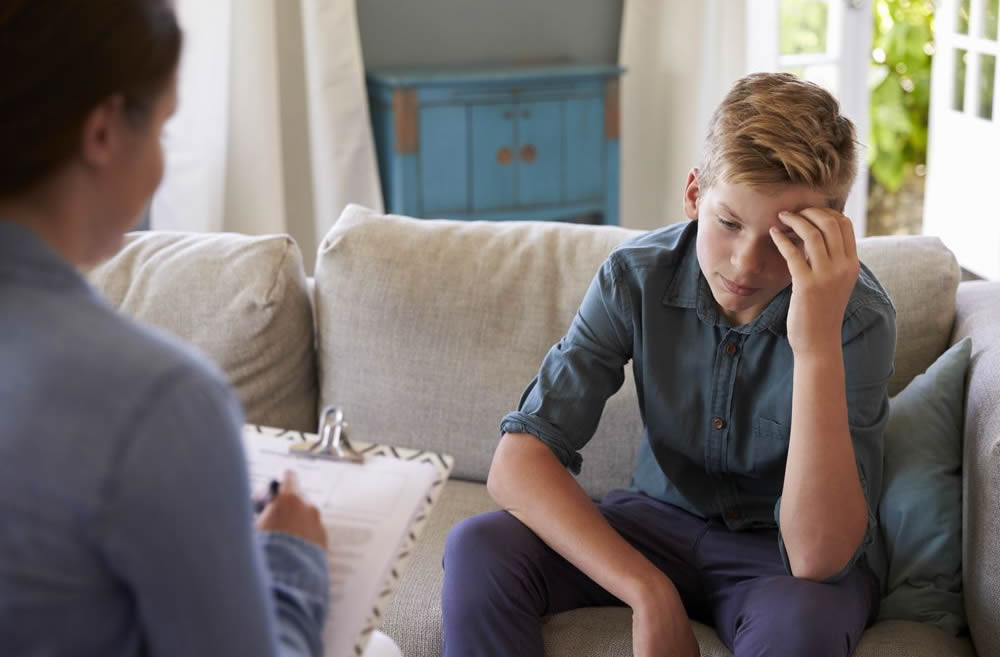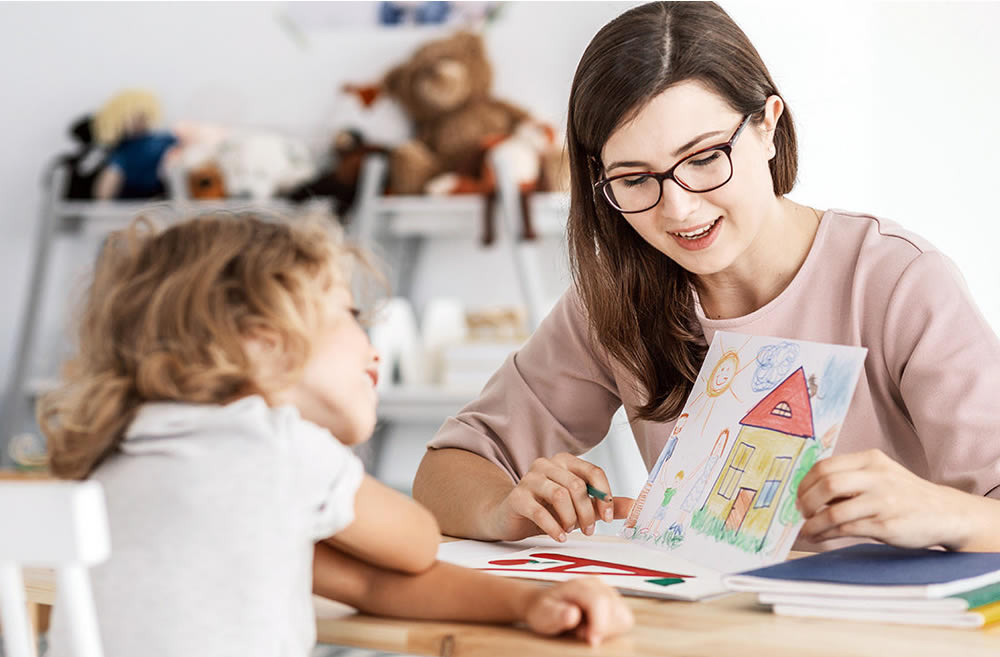Family counselling
Posted on By hello@kidlife.hu
Family counselling
A családkonzultáció olyan eljárás, mely teret enged a családtagok kapcsolódási módjának átbeszélésére, egymás szempontjainak jobb megértésére, ezáltal segítséget adhat a felek közötti együttműködés helyreállításában és egy boldogabb egyensúlyi állapot kialakításában.
A rendszerszemléletű megközelítés az egész családot és nem csupán a konzultációra jelentkező családtagot tekinti a nehézségek keletkezésének és a segítő figyelem egységének. A családkonzultáció vagy családterápia fókuszában a család, annak alrendszerei (szülők, testvérek), illetve az egyén fontos családi kapcsolatai állnak. A családi kapcsolatokban pozitív, erőforrásokat építő kommunikáció révén igyekszik változást létrehozni az élmények átélésének és feldolgozásának módjában, valamint az egyének és a család egészének magatartásban. A rendszerszemlélet alapja, hogy a tünet és a tünetet hordozó családtag a család egészének nehézségeit, problémáit képviseli. A terápiás iskolák irányultságától függően a család kommunikációs, strukturális, szociokulturális, történeti, érzelmi, etikai rendszerként való felfogása jellemzi a konzultációs gyakorlatot.
A rendszerszemléletű megközelítés az egész családot és nem csupán a konzultációra jelentkező családtagot tekinti a nehézségek keletkezésének és a segítő figyelem egységének. A családkonzultáció vagy családterápia fókuszában a család, annak alrendszerei (szülők, testvérek), illetve az egyén fontos családi kapcsolatai állnak. A családi kapcsolatokban pozitív, erőforrásokat építő kommunikáció révén igyekszik változást létrehozni az élmények átélésének és feldolgozásának módjában, valamint az egyének és a család egészének magatartásban. A rendszerszemlélet alapja, hogy a tünet és a tünetet hordozó családtag a család egészének nehézségeit, problémáit képviseli. A terápiás iskolák irányultságától függően a család kommunikációs, strukturális, szociokulturális, történeti, érzelmi, etikai rendszerként való felfogása jellemzi a konzultációs gyakorlatot.
Service details
- Age group3-16 yo
- Appointments8:00-20:00
- Number of kids1-3
- Period50 mins
Mikor segít?
- Nevelésben felmerült problémák esetén
- Kapcsolati konfliktusokban
- Együtt töltött idő minőségének romlása esetén
- Kiüresedett szexuális élet, eltávolodás esetén
- Váratlan családi krízis esetén (munkanélküliség, haláleset, betegség)
What happens at the meeting?
- Discussing the problem/problems together
- If several meetings are necessary, then the formulation of the goal
- Mindkét szülő által elfogadható megoldások keresése
- Evaluation of solutions after trying them
- Evaluation of changes and results
What parents say
“Rendszeresen ugyanazokba a konfliktusokba futottunk bele, már előre meg lehetett mondani mi lesz egy-egy dolog vége, de igazán a gyereknevelési dolgokon kaptunk össze. A találkozókon olyan szemléletet kaptunk, ami az egész világomat felforgatta - úgy érzem azóta nem csak jobb férj és apa vagyok, de valahogy mindenkivel javult a kapcsolatom."
Tomka Zsolt
Háromgyerekes szülő




